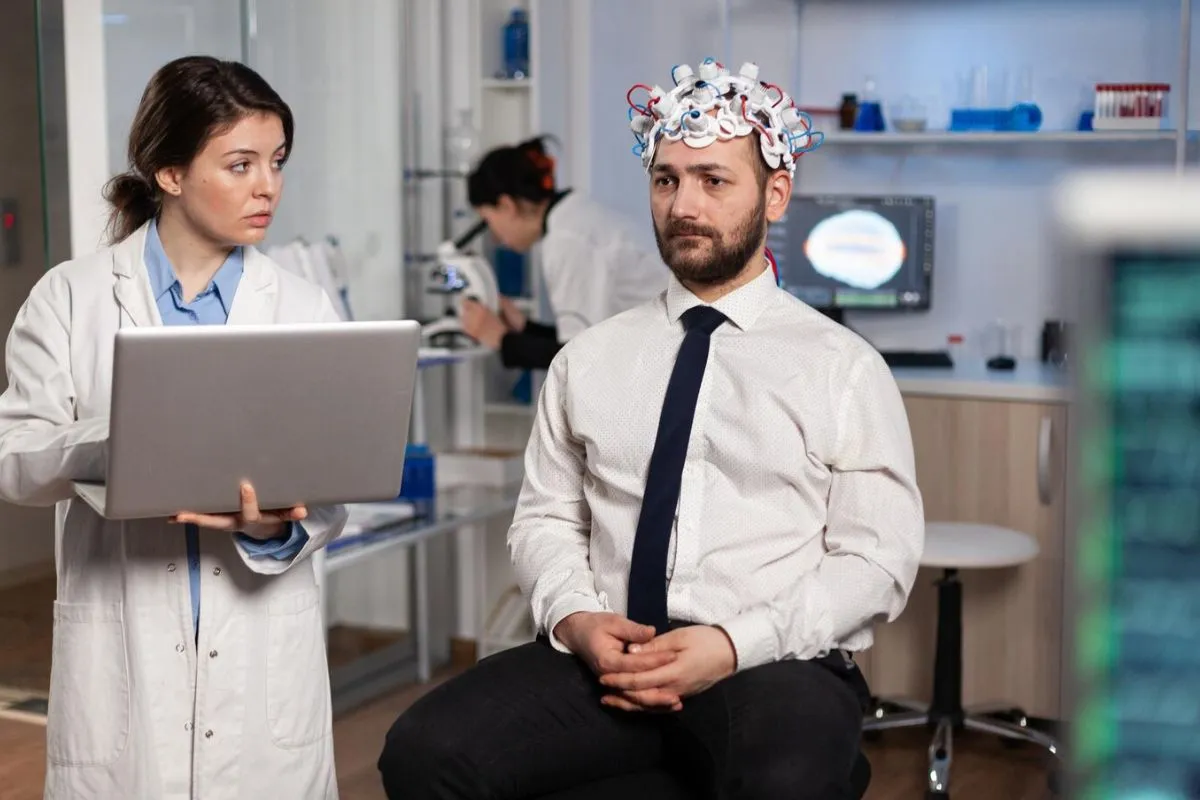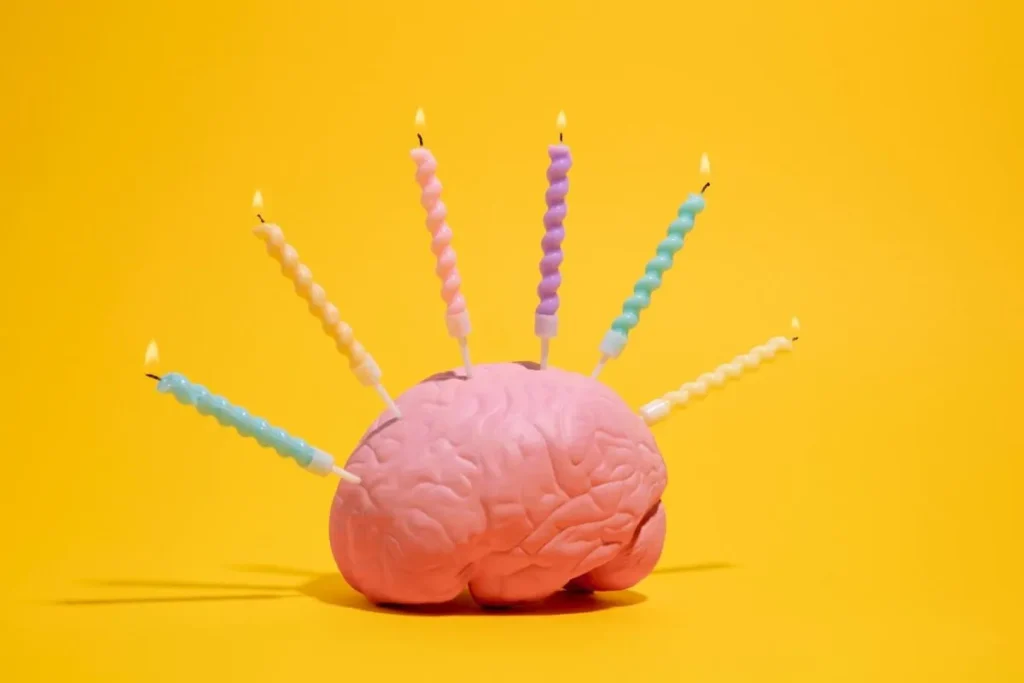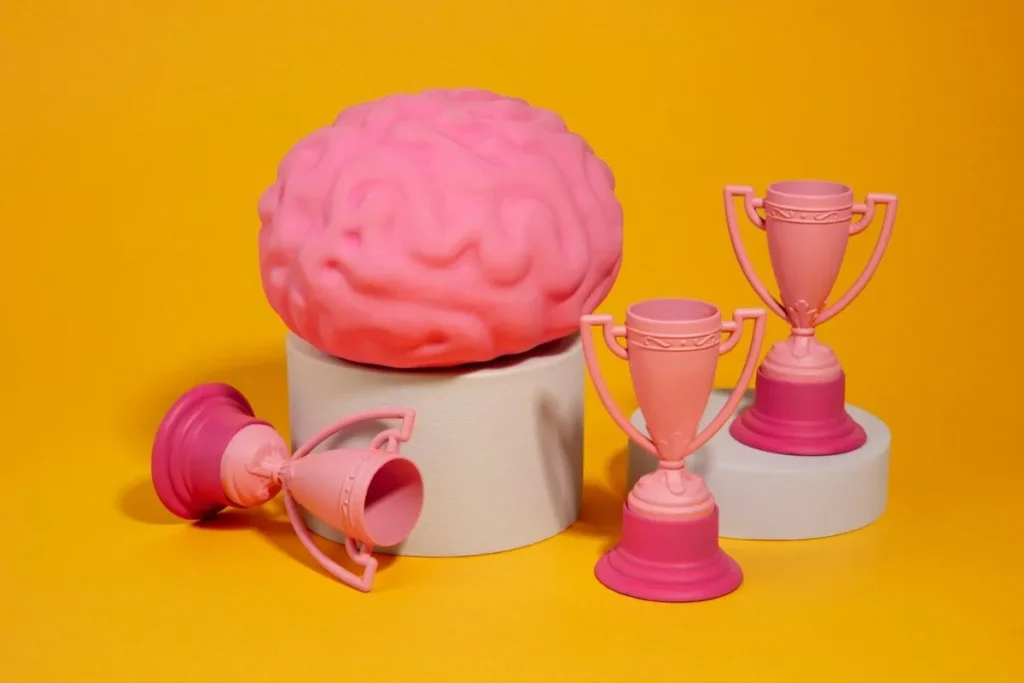Brainwave Techniques for Stress Management are increasingly popular in our fast-paced world. These methods offer a unique approach to achieving mental relaxation and balance.
Many techniques, like mindfulness and deep breathing, align with brainwave manipulation. These practices can mitigate stress effectively.
This article delves into various brainwave techniques. It examines their benefits and practical applications for stress management.
Understanding Brainwaves and Their Importance
Brainwaves are electrical impulses in the brain. They correlate with different mental states.
There are five main types: Delta, Theta, Alpha, Beta, and Gamma. Each frequency is linked to specific activities and states of mind.
Understanding these waves helps in utilizing brainwave techniques for stress management. This knowledge enables targeted therapeutic interventions.
Delta Waves and Deep Relaxation
Delta waves range from 0.5 to 4 Hz. They dominate in deep sleep.
Delta wave stimulation can induce deep relaxation. This is pivotal for stress management.
Techniques like meditation and deep breathing can enhance delta wave activity. This favors profound rest and recovery.
The Role of Theta Waves
Theta waves (4-7 Hz) are prevalent in light sleep and meditation. They are linked to creativity and intuition.
Practices such as visualization and mindfulness can amplify theta waves. This enhances relaxation and stress relief.
Leveraging theta waves can be potent in reducing mental tension. It’s a cornerstone in many brainwave techniques for stress management.
Effective Brainwave Techniques for Stress Management
Mindfulness and Meditation
Mindfulness focuses on present-moment awareness. It can naturally synchronize brainwaves for optimal mental states, promoting clarity and emotional stability.
By staying attuned to the present, individuals can cultivate a heightened sense of awareness and well-being.
Meditation, particularly mindfulness meditation, balances alpha and theta waves. This blend fosters deep relaxation and stress reduction, creating a peaceful mental environment.
These balanced brainwave states are associated with enhanced creativity and problem-solving abilities. Additionally, such practices can improve overall cognitive function and emotional regulation.
Regular practice of mindfulness meditation is shown to be highly effective. It mitigates stress by harmonizing brainwave activity, leading to sustained mental health benefits.
This consistent practice can also enhance resilience to stress, helping individuals manage daily challenges more effectively. Furthermore, it contributes to long-term physical health benefits by reducing stress-related ailments.
Incorporating mindfulness into daily routines can transform overall well-being. This practice can enhance focus, improve sleep quality, and boost emotional intelligence, making it a valuable tool for personal growth.
As more people adopt mindfulness, the collective benefits can lead to healthier, more balanced communities.
Deep Breathing Exercises
Deep breathing is a simple yet powerful technique. It primarily enhances alpha wave activity.
Alpha waves (8-12 Hz) are associated with relaxation and calm focus. Deep breathing can rapidly increase their presence in the brain.
Practicing deep breathing exercises regularly can lower stress. It provides an immediate and effective shift in brainwave patterns.
- Try diaphragmatic breathing for optimal benefits.
- Practice ‘4-7-8’ breathing to enhance relaxation.
- Incorporate breathing techniques into daily routines.
Visualization Techniques
Visualization leverages the power of imagination. It can adjust brainwave frequencies by invoking calm and positive imagery.
This practice enhances theta wave activity. Visualizing serene scenes can deepen relaxation and reduce stress.
Regular visualization sessions can transform stress responses. They build a mental buffer against anxiety and tension.
Journaling
Journaling introduces reflective thinking. It stimulates both alpha and theta waves.
Writing about experiences can be therapeutic. It helps process emotions and manage stress effectively.
Combine journaling with other brainwave techniques. This creates a holistic approach to stress management.
Integrating Brainwave Techniques into Daily Life
Creating a Routine
Consistency is key for effective stress management. Designate specific times for brainwave practices.
Integrate techniques like meditation into morning routines. Use deep breathing before bedtime for enhanced sleep.
A structured routine maximizes the benefits of these practices. It ensures sustained and long-term stress relief.
Technology Aids
Technological tools can assist in managing brainwaves. Apps and devices provide guided sessions and biofeedback.
They help track progress and maintain consistency. Using such tools can enhance the efficiency of brainwave techniques.
Combine traditional methods with technology. This modern approach can yield substantial benefits in stress management.
Practical Tips for Application
- Allocate at least 10 minutes daily for meditation.
- Use deep breathing during stressful moments.
- Keep a journal to reflect and relax.
Long-Term Benefits of Brainwave Techniques
Utilizing these techniques consistently offers long-term benefits. Improved brainwave patterns enhance overall mental health.
They promote resilience against future stressors. Regular practice builds a robust mental framework.
Over time, users experience improved emotional balance. This results in a more calm and centered approach to life.
Enhanced Emotional Regulation
Balanced brainwaves facilitate better emotional control. Stress triggers are less likely to overwhelm.
Techniques like mindfulness and journaling are particularly effective. They help process and manage emotions constructively.
Improved emotional regulation leads to a happier, healthier life. It’s a core benefit of leveraging brainwave techniques.
Improved Cognitive Function
Optimal brainwave patterns enhance cognitive abilities. Focus, memory, and problem-solving skills see significant improvements.
Brainwave techniques such as meditation foster these enhancements. They support brain health and functionality.
The cognitive benefits contribute to overall well-being. They make stress management through brainwave techniques highly desirable.
Getting Started with Brainwave Techniques
Embarking on this journey requires initial commitment. Start with simple practices like deep breathing and journaling.
Gradually incorporate more advanced techniques. Explore mindfulness meditation and guided visualization.
Consistency and patience are crucial. Over time, these practices become a natural part of your stress management toolkit.
Final Thoughts
Brainwave techniques for stress management are highly effective. They offer numerous benefits for mental health.
From mindfulness to deep breathing, these methods are accessible. Integrating them into daily life can significantly reduce stress.
Consider starting with simple practices today. Experience the transformative power of brainwave techniques.
If you found this article helpful, explore more on our website for additional resources and guides.
Frequently Asked Questions
What are brainwave techniques?
Brainwave techniques manipulate brainwave frequencies. They include practices like meditation and deep breathing.
How do brainwave techniques help in stress management?
They align brainwave frequencies with relaxation states. This reduces stress and promotes calmness.
What are the long-term benefits of brainwave techniques?
They improve emotional regulation and cognitive function. Consistent practice leads to enhanced mental health.
How can I start using brainwave techniques?
Begin with simple practices like deep breathing. Gradually include meditation and visualization.
Are technological tools necessary for brainwave techniques?
They are not necessary but can be helpful. Apps and devices offer guided practices and track progress.




